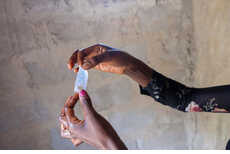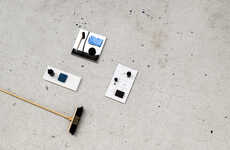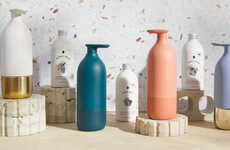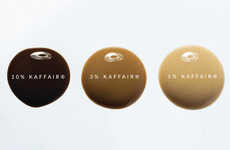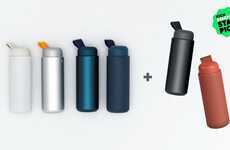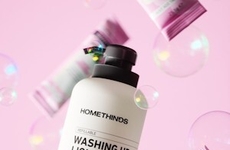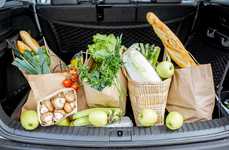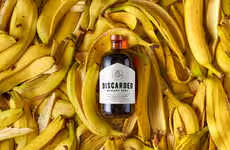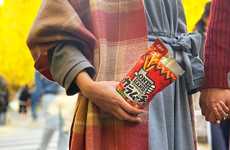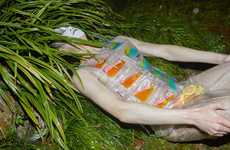
Danielle Coffey's Project Efficiently Turns Fats and Oils into Soap
Danielle Coffey — a graduate from the Northumbria University in New Castle upon Tyne, England, has pioneered a new soap-making method that is inspired by the movement for sustainability and conservation of resources.
The device is mindful of food by-product waste. Dubbed 'Sápu' (which means 'soap' in Icelandic), the gadget operates on fat, oil, and grease waste. Through an intricate process, Danielle Coffey's project turns this input into usable, natural soap. Aside from being able to make your own cleaning products, the soap-making method ensures that the excess oils, fat, and so on do not pollute drinking water.
Danielle Coffey's 'Sápu' is also an attempt to "instill behavioral changes" in users, making them aware of the importance to use and reuse.
The device is mindful of food by-product waste. Dubbed 'Sápu' (which means 'soap' in Icelandic), the gadget operates on fat, oil, and grease waste. Through an intricate process, Danielle Coffey's project turns this input into usable, natural soap. Aside from being able to make your own cleaning products, the soap-making method ensures that the excess oils, fat, and so on do not pollute drinking water.
Danielle Coffey's 'Sápu' is also an attempt to "instill behavioral changes" in users, making them aware of the importance to use and reuse.
Trend Themes
1. Sustainable Soap Making - Innovative soap-making methods that utilize waste fats and oils for sustainable and natural soap production.
2. Resource Conservation - Soap-making techniques that are mindful of food by-product waste and contribute to the conservation of resources.
3. Behavioral Change Through Soap-making - Soap-making projects that aim to raise awareness and promote behavioral changes towards sustainable practices.
Industry Implications
1. Personal Care Products Industry - The personal care products industry can benefit from incorporating innovative soap-making methods that align with sustainable and natural product demand.
2. Environmental Services Industry - The environmental services industry can explore opportunities to support and develop soap-making techniques that contribute to resource conservation and waste reduction.
3. Sustainable Living Education - The sustainable living education sector can leverage soap-making projects to educate individuals about the importance of behavioral changes and sustainable practices.
6.7
Score
Popularity
Activity
Freshness

